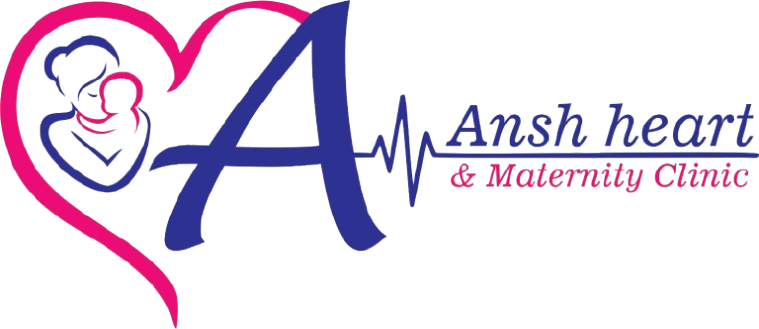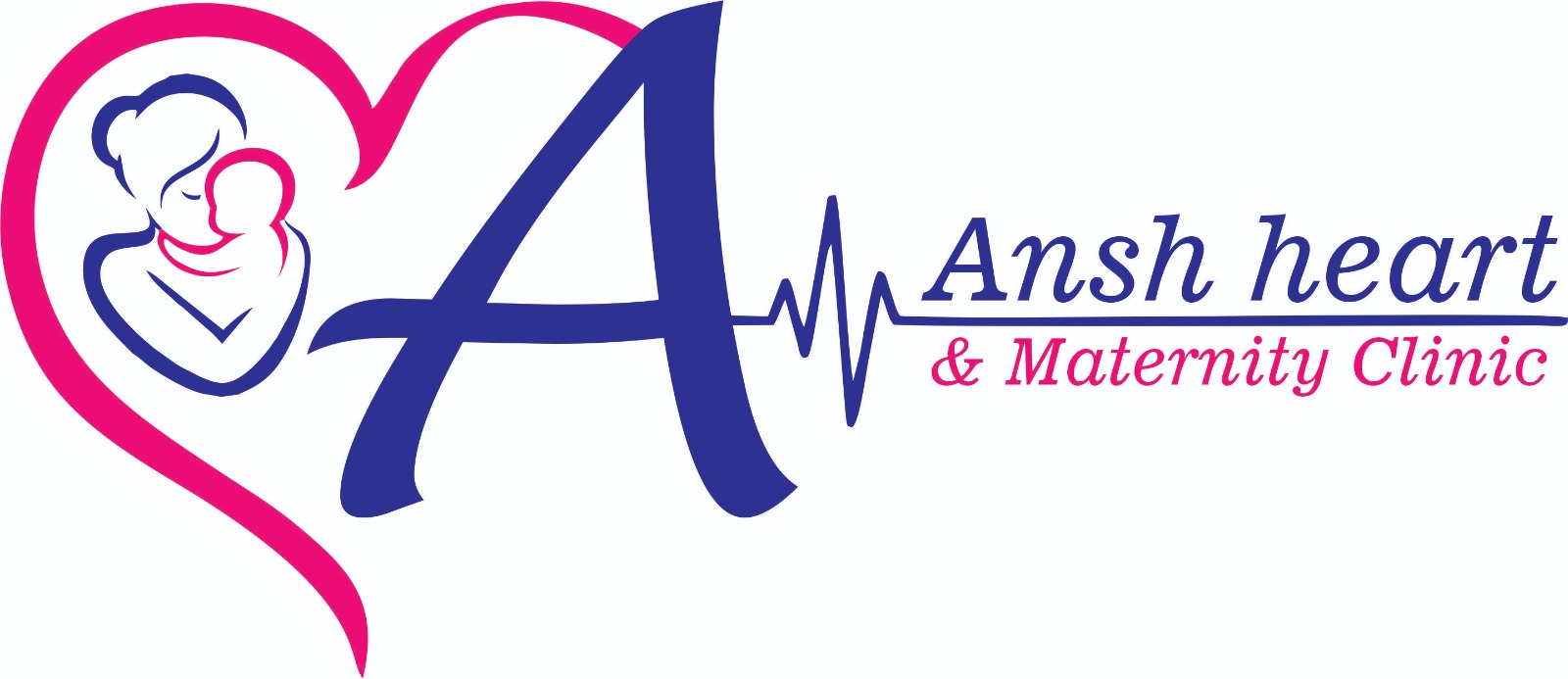Arrhythmia refers to an abnormal rhythm or electrical activity of the heart, causing it to beat too fast, too slow, or irregularly. The heart has a natural electrical system that controls the timing and rhythm of its beats. When this system malfunctions, it can lead to arrhythmias.

Types of Arrhythmias:
Tachycardia: Fast heart rate, typically defined as a heart rate greater than 100 beats per minute (bpm).
- Supraventricular tachycardia (SVT): Originates above the ventricles, often causing a rapid but regular heartbeat.
- Ventricular tachycardia (VT): Originates in the ventricles and can be life-threatening.
Bradycardia: Slow heart rate, usually fewer than 60 bpm.
- Can be normal in athletes, but in others, it may lead to dizziness, fatigue, or fainting.
Fibrillation: Irregular and often very rapid heart rhythm.
- Atrial fibrillation (AF or AFib): The most common type, where the atria (upper chambers) beat irregularly and rapidly, affecting the heart’s ability to pump blood effectively.
- Ventricular fibrillation (VF): A life-threatening arrhythmia where the ventricles quiver instead of contracting properly, leading to cardiac arrest if not treated immediately.
Premature Beats: Extra beats that occur outside the normal rhythm.
- Premature atrial contractions (PACs): Extra beats in the upper chambers of the heart.
- Premature ventricular contractions (PVCs): Extra beats in the lower chambers of the heart, usually benign but can be a sign of heart disease if frequent.
Conduction Disorders: Problems in the electrical pathways of the heart that cause abnormal timing of heartbeats.
- Heart block: A delay or blockage in the electrical signals that control the heart’s rhythm, ranging from mild to severe forms.
Causes of Arrhythmias:
Arrhythmias can result from a variety of factors, including:
- Coronary artery disease (CAD) or previous heart attacks, which damage the heart muscle and its electrical system.
- Heart failure and other structural heart diseases, which can disrupt normal heart rhythm.
- High blood pressure (hypertension), which can affect the heart’s electrical system over time.
- Electrolyte imbalances (e.g., potassium, sodium, calcium) that can interfere with electrical signals.
- Drug use (e.g., stimulants, certain medications) or alcohol abuse.
- Thyroid problems, such as hyperthyroidism, can cause arrhythmias.
- Genetic conditions, such as long QT syndrome or arrhythmogenic right ventricular dysplasia (ARVD), which may lead to arrhythmias.
Symptoms of Arrhythmia:
- Palpitations: A feeling of rapid, fluttering, or irregular heartbeat.
- Dizziness or lightheadedness
- Shortness of breath
- Chest pain or discomfort
- Fainting or near-fainting episodes (syncope)
- Fatigue
Diagnosis:
To diagnose an arrhythmia, doctors may use several tests, including:
- Electrocardiogram (ECG or EKG): A test that records the electrical activity of the heart.
- Holter monitor: A portable ECG device worn for 24–48 hours to detect irregularities.
- Event monitor: A device used for longer periods to capture infrequent arrhythmias.
- Echocardiogram: An ultrasound of the heart to check for structural issues.
- Stress test: To assess how the heart responds to physical exertion.
Treatment:
Treatment depends on the type of arrhythmia, its severity, and the underlying cause:
- Medications: Anti-arrhythmic drugs are prescribed to control the heart rhythm or prevent abnormal rhythms from occurring.
- Electrocardioversion: A procedure that uses electrical shocks to reset the heart’s rhythm, commonly used for atrial fibrillation.
- Catheter ablation: A procedure that involves destroying small areas of the heart tissue causing the abnormal electrical signals, often used for certain types of arrhythmias like SVT or atrial fibrillation.
- Implantable devices:
- Pacemaker: A small device implanted under the skin to regulate slow heart rhythms.
- Implantable cardioverter-defibrillator (ICD): A device implanted in the chest to monitor the heart and deliver shocks if a life-threatening arrhythmia (like VT or VF) is detected.
- Surgery: In rare cases, heart surgery may be required to correct severe arrhythmias or underlying heart conditions.
Risk Factors for Arrhythmias:
- Age: The risk increases with age due to wear and tear on the heart’s electrical system.
- Heart disease: CAD, heart failure, and valvular heart disease increase the likelihood of arrhythmias.
- High blood pressure and other chronic conditions.
- Family history of arrhythmias or sudden cardiac arrest.
- Lifestyle factors: Smoking, excessive alcohol consumption, and high caffeine intake.



